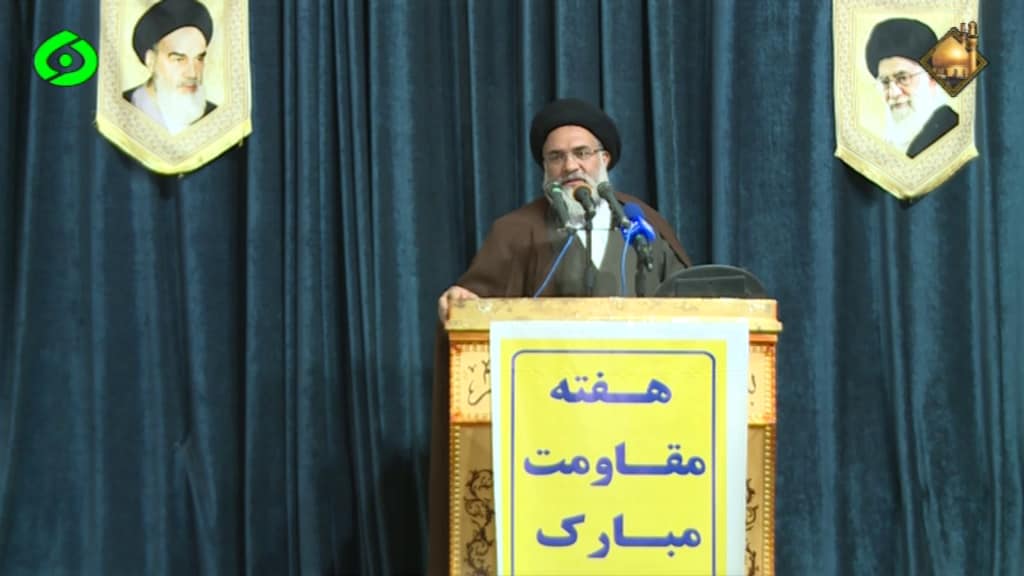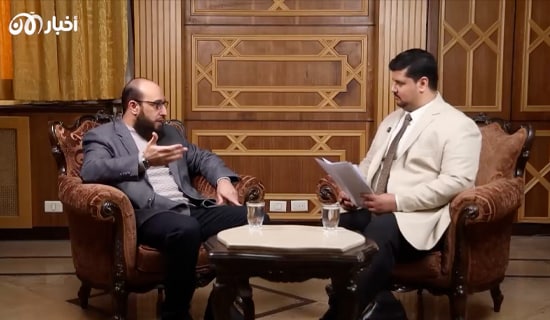
Former Egyptian Minister of Culture Gaber Asfour said in a May 2, 2019 interview on Ten TV (Egypt) that Egyptian culture is in a "state of crisis" and is heading towards the worst and most dangerous "cultural catastrophe" it has ever seen. He said that this may be a result of what he described as a radical change that took place in the 1970s, in which he said Egyptian culture turned from liberalism and openness to a closed culture influenced by religion. Asfour pointed out that the Egyptian constitution says that the shari'a is the principle source of legislation and that it protects Al-Azhar University, and he said that education, culture, and the renewal of religious discourse – which he suggested should include "long and deep dialogues" with secular scholars – are matters of national security. He also said that Egypt is facing a population explosion because of a religious hadith that encourages marriage and having children.
Following are excerpts:
Interviewer: Is the culture in Egypt in a state of crisis these days?
Gaber Asfour: Yes, to the utmost extent.
Interviewer: Why?
Gaber Asfour: We are going through a cultural catastrophe.
[…]
I think that the Egyptian culture has never been through a worse crisis.
[…]
Maybe we are harvesting now the bitter fruits of the 1970s.
Interviewer: Which are…?
Gaber Asfour: Which are the result of the radical change from a liberal and open culture to a culture that is closed within itself and influence by religion. You put an open culture through a process of religionization, and turned it into a culture that is closed within itself.
Interviewer: What are the manifestations of this?
Gaber Asfour: Take the constitution, for example. For the first time ever, we have a constitution with two articles that clearly state that we are not a civil state. The President says that we are a civil, democratic, and modern state. That is what we hear from him and what we believe in. This is why we supported him and elected him as president. But now, this does not exist. You have an article in the constitution that states that the shar'ia is the principle source of legislation. And Article 6 (sic), which protects Al-Azhar and turns it into a formal religious authority.
[…]
I am convinced that we are living in the most dangerous time in Egypt's history. In the political and economic fields, we have a president that is running forward and the whole country is running behind him and cannot catch up with him. But at the same time, you have people who are pulling you back.
[…]
I believe that education, culture, and renewal of religious discourse are matters of national security.
[…]
Interviewer: Some people might ask why you criticize Al-Azhar so much, while it represents an aspect of Egypt's soft power? Just look at how the Sheikh of Al-Azhar is welcomed in any Islamic country he visits
Gaber Asfour: Okay, let's look at it this way. What is our economic and industrial goal in Egypt today? Isn't it to achieve human development? How can you achieve this if you cannot keep population growth in check? We have a problem of population explosion. We are growing at a frightening rate.
[…]
Why is that? Because you have a hadith that says: "Marry and beget children for I will be proud of you before the nations on the Day of Resurrection."
Interviewer: Some clerics refuted this hadith and said that it doesn't mean [what we think].
Gaber Asfour: It does mean that, but it was said at a time when the Muslims were a minority. Today, there are billions of Muslims.
[…]
Interviewer: The world is developing.
Gaber Asfour: Of course.
Interviewer: Why isn't Al-Azhar adjusting itself to these developments?
Gaber Asfour: Ask them.
Interviewer: What do you think?
Gaber Asfour: The reason is pretty simple. I think that Al-Azhar needs an internal revolution and to have long and deep dialogues with the secular scholars. As long as that does not happen, there can be no change.













